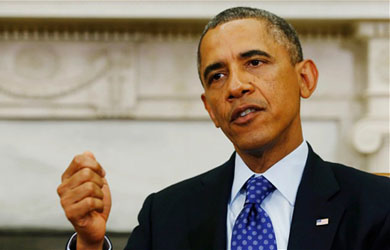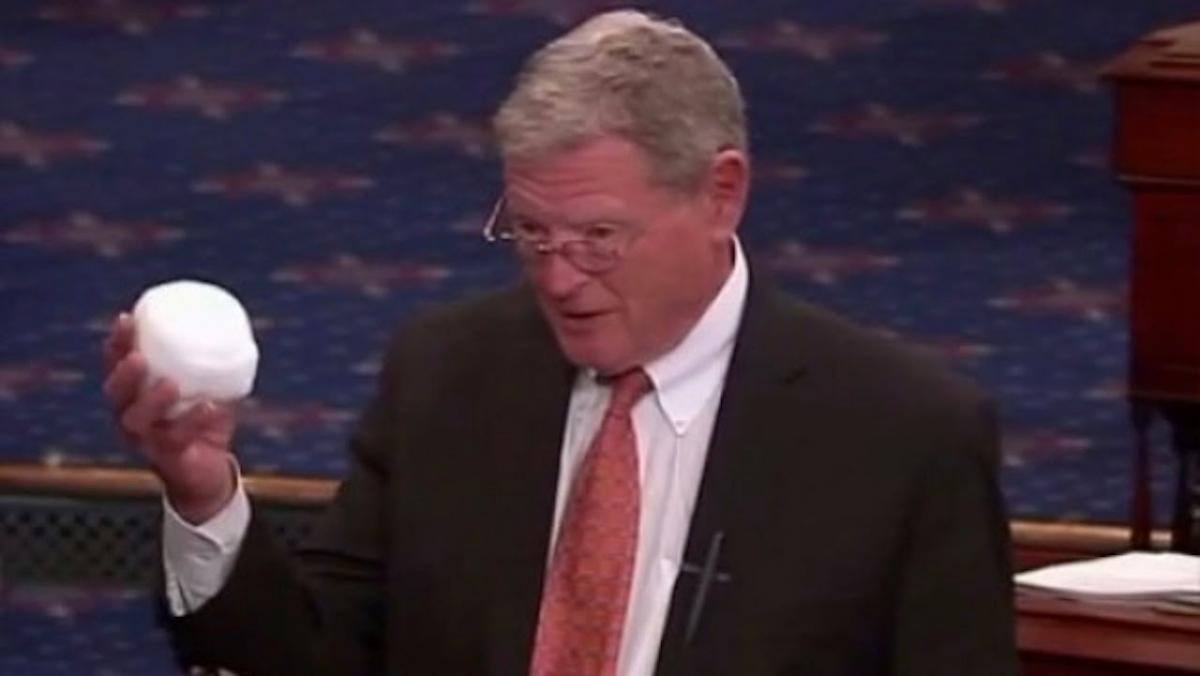Yesterday I wrote a post noting that Republican Senators John Cornyn and Kay Bailey Hutchison of Texas were refusing to relinquish control over the state’s process of selecting judicial nominations, forcing state Democrats to go over their heads and get the White House to issue a statement declaring that “no federal judge, U.S. attorney or U.S. marshal will be nominated by the president … unless that person has the confirmed support of the Texas Democratic delegation.”
Yesterday, Cornyn and Hutchison both responded by saying that they were looking forward to working with the White House and the state delegation in the new process, but now Cornyn has changed his tune to “drop dead“:
A day after the White House said it will consider only those Texas judicial nominees who get the nod from Texas Democrats in Congress, Sen. John Cornyn refused to be bypassed.
“The day that we elect a Democrat to the United States Senate in Texas, they are entitled to function as they would with a Democratic president,” he said Thursday. “I’m not going to delegate my responsibility to anybody else.”
Cornyn says he intends to have Obama’s judicial nominees be screened by the committee that he and Hutchison have always used in evaluating nominees – a committee he admits is “heavily stacked with Republican lawyers.”
And why is that? Because he doesn’t want the selection process “to be viewed as a partisan exercise” and this is the only way he can “depoliticize the nomination process.”
So when there was a Republican in the White House, Cornyn, Hutchison, and a bunch of Republican lawyers controlled the judicial selection process because that is what the people of Texas elected them to do … but now that there is a Democrat in the White House, Cornyn, Hutchison, and a bunch of Republican lawyers must maintain control over the process in order “depoliticize the nomination process.”
Of course, a more effective way to “depoliticize the nomination process” would be for Cornyn to relinquish control of the process as dictated by custom, as the Congressional Research Service explained just last year [PDF]:
By custom, when neither of a state’s Senators is of the President’s party, the primary role in recommending candidates for district court judgeships is assumed by officials in the state who are of the President’s party. Historically, in the absence of a Senator of the President’s party, the state official or officials who most frequently have exercised the judicial “patronage” function have been the most senior member, or one of the most senior members, of the party’s House of Representatives delegation, the House party delegation as a whole, the governor, or state party officials. In any given state, one of these officials may exercise the recommending function exclusively, or share it with one or more of the others.
…
[A]t the start of presidency of George W. Bush, a Republican, in January 2001, the new Administration looked to other than senatorial sources for advice on judicial candidates in states having two opposition party Senators. The Legal Times reported that in “the 18 states where both senators are Democrats, Bush will be getting advice on potential nominees from a high-ranking Republican House member or the state’s Republican governor” … By custom, the role of a state’s Senators in judicial candidate selection, when neither is of the President’s party, is secondary to the role of those officials discussed above, who actually choose candidates to recommend to the President. Customarily, in these circumstances, the state’s Senators, if they are consulted by state officials of the President’s party, are consulted for their reactions to candidates under consideration, but not for their own preferences. Where consultations of this sort are done in good faith, negative as well as positive feedback from the Senators would be welcomed, but typically they would not be called upon to make their own candidate recommendations.








